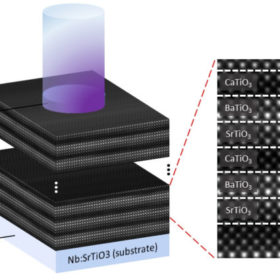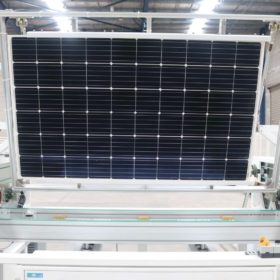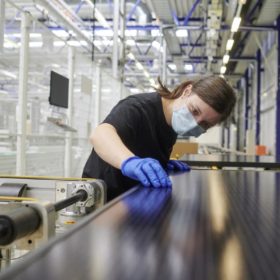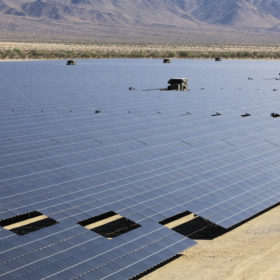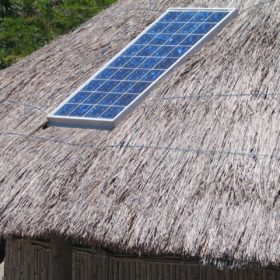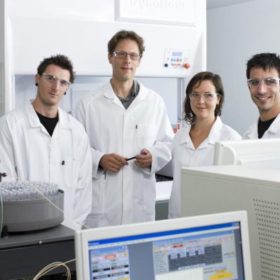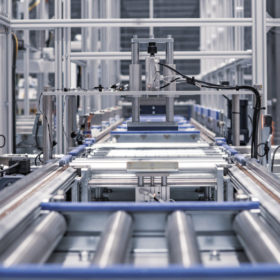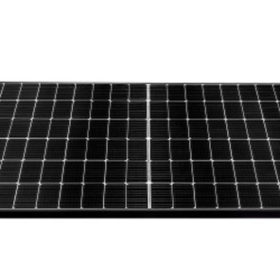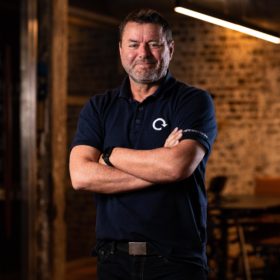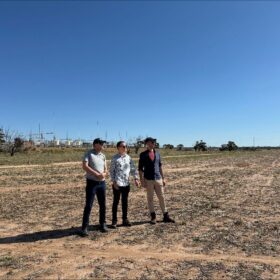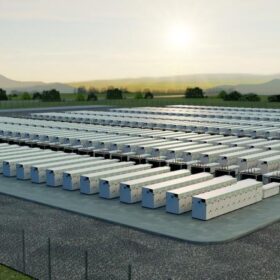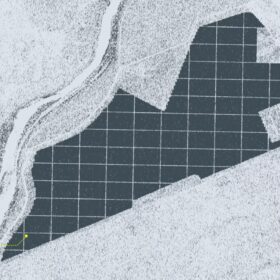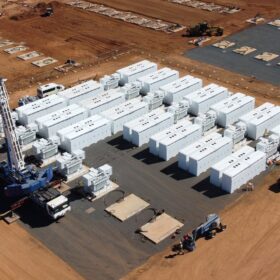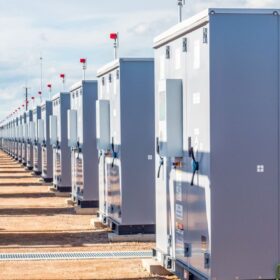Crystal arrangement results in 1,000x more power from ferroelectric solar cells
German researchers developed a lattice arrangement of three different layers of ferroelectric crystals that created a powerful photovoltaic effect.
MSquare Energy becomes Australia’s second module manufacturer
Sydney-based MSquare Energy says it has ambitions of becoming Australia’s largest solar panel manufacturer. It is entering the market at a pivotal moment when Australia’s panel manufacturing industry is pushing to compete on equal footing with global leaders.
Meyer Burger plans to launch solar PV roof tiles in 2022
The Swiss group has acquired an integrated solar roof system solution from an unidentified German engineering service provider for this purpose. The aim is grow this sector from a niche market.
First Solar plans a 3.3 GW Indian module fab
The U.S.-based manufacturer is planning a vertically integrated thin-film solar module manufacturing facility in India. The factory will likely be built in Tamil Nadu and become operational in the second half of 2023.
Solar manufacturers warn of 12-18 months disruption for standalone products
Potential price rises of 14% for the solar home systems that are driving access to electricity in the world’s under-served regions could signal further arrested progress towards the UN goal of universal access by 2030.
Aussie startup invents breakthrough non-toxic battery electrolyte that’s cheaper ‘by factor of 100’
It’s a breakthrough so staggeringly simple the patent office needed convincing it counted as an invention. In what Professor Thomas Nann jokingly told pv magazine Australia basically equates to adding dishwashing liquid and oil to water, he and two of his former PhD students have unlocked the potential of water-based electrolytes for batteries, promising a solution that is cheaper, easier to manufacture and non-toxic. The startup plans to initially use the formula in supercapacitors before exploring it in conjunction with redox flow batteries.
Sunday read: Europe’s gigafactory boom – 25 by ‘25
A gigafactory, as the name indicates, is a facility that aims to produce Li-ion cells at a gigawatt-hours scale of total capacity, so they can then be used in electric vehicles or stationary storage applications. The global production capacity of Li-ion cells is expected to reach 740 GWh by the end of 2021 – almost a threefold increase from 2017 – and Europe will account for 8% of the total. João Coelho, an analyst at Delta-EE, looks at how Europe plans to catch up.
‘Polysilicon shortage will continue through 2021’
The latest global PV industry outlook published by trade group SolarPower Europe, has indicated tight supply of the solar panel raw material is expected to persist this year but the trade body said it would be unlikely to drive further price rises.
REC unveils second generation of its N-Peak solar module
The manufacturer plans to start production of the performance-enhanced solar modules in August. The first customers should then receive the products in October.
Australia’s first lithium-ion battery manufacturing facility attracts additional federal funding
Australia’s first lithium-ion battery manufacturer, Energy Renaissance, has received a half million dollar grant to develop its pilot manufacturing facility in the state’s Hunter region.
